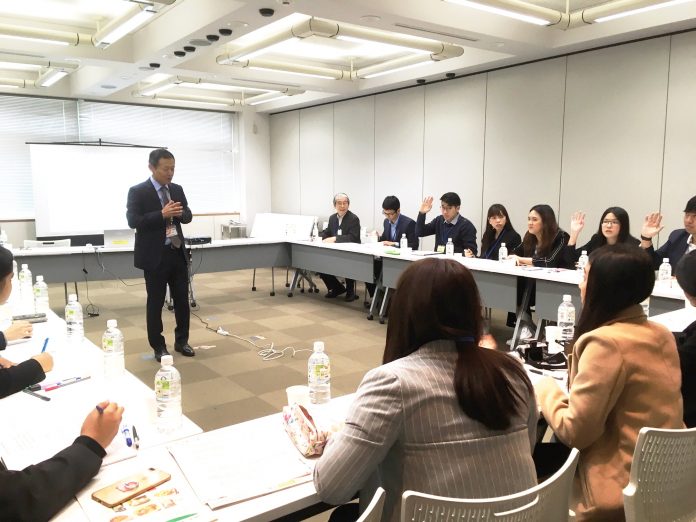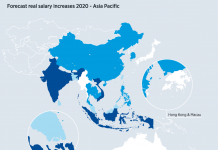The Thai government recently launched its new economic vision know as Thailand 4.0 as well as a series of strategies to support the Eastern Economic Corridor or EEC, a digital hub of Southeast Asia covering three provinces outside of Bangkok. In order to make this vision a reality, Thailand will need to fill 475,000 new jobs by 2023 in the EEC alone. Some positions will require at least a bachelor’s degree while others will need sophisticated vocational skills.
In order to become a fully developed nation by 2035, Thailand knows it must leapfrog from the traditional manufacturing into the innovation age and become a hub for the latest technological development and innovations, such as artificial intelligence, robotics, biosciences, aerospace, and other new pillars that surround the rise of the fourth industrial revolution.
In an effort to meet these lofty goals, the government has merged four separate government departments into a new Ministry of Higher Education, Science, Research ,and Innovations. The new ministry will be working closely with the private sector in Thailand and overseas to increase research and human resource development.
In the meantime, Thailand’s Board of Investment (BOI) will be offering additional tax incentives to companies engaged in human resource development. Companies investing in educational and training institutions that specialise in the various STEM subjects (Science, Technology, Engineering, Mathematics), will be granted five years corporate income tax exemption.
The BOI also offers “SMART” visa which allow for foreign investors and their families, as well as key talent in business, sciences, and education, to enjoy a multitude of privileges which include being able to reside in the country for up to four years without the need for a work permit.
An additional agreement was struck between the BOI and the Thailand’s Research Universities’ Network, comprising eight of the country’s leading research schools, to improve R&D information sharing. This agreement is aimed at stimulating collaboration in private sector demand-driven R&D activities, co-operative education programs and high-skilled workforce recruitment.
“We want to ensure a perfect match between demand and supply,” says Ms Duangjai Asawachintachit, Secretary General of the BOI. “This agreement reinforces the BOI’s facilitation role in fostering cooperation between business and academics to increase research and development in Thailand and to strengthen our manufacturers’ competitiveness in key technologies.”
The Thai government also recognises the importance of collaboration between the local and foreign educational institutions, as well as the private sector. King Mongkut’s Institute of Technology Ladkrabang, (KMITL), has already created a partnership with Pittsburg’s renown Carnegie Mellon University (CMU). In 2019 CMKL University, a joint venture between KMITL and CMU, launched its first masters and doctoral programs in computer and electrical engineering.
KMITL’s deal with CMU is just one example of the many efforts that Thailand is undertaking to upskill its workforce through human resource development.
Thailand’s educators and businesses are also tapping into other Asian and European vocational and educational expertise. One of the world’s leading education companies, UK-based Pearson, is working with the EEC to develop career-focused programs that offer BTEC diplomas awarded by Britain’s Business and Technology Education Council. As the biggest foreign investor in Thailand, Japan is often looked up to by businesses and graduates, with many being expected to join Japanese companies that are moving into the EEC.
With such a strong commitment to human resource development, it is becoming increasingly clear that Thailand don’t just have the potential to attain their goals in 2035, they have the full capabilities to do so.






















